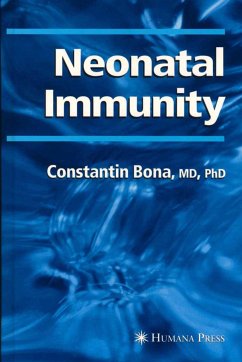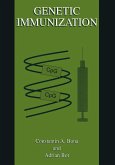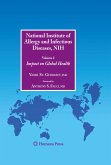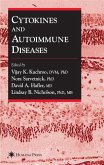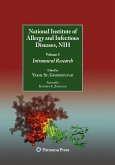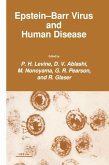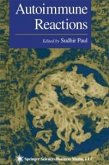New advances in cellular immunology, molecular biology, recombinant DNA and proteins, and the function of cytokines and chemokines have revolutionized the study of neonatal immune responsiveness. In Neonatal Immunity, Constantin Bona, MD, critically reviews the classic, as well as most recent-and quite seminal-findings concerning the phenotypic and molecular characteristics of both fetal and neonatal B and T cells, the cells that mediate antibody and cellular immune responses in newborns and infants. Dr. Bona shows how the antibody response of neonates is modulated by maternal antibodies and how, in certain cases, this can cause transient or life-threatening neonatal autoimmune disease. He also describes the characteristics of neonatal tolerance induced by foreign allo- and self-antigens, which are the basis for understanding impaired infant immune response and which provide a rationale for the development of efficient neonatal vaccines. By making clear the characteristics and differences between the immune system and the immune responses of both newborns and infants, compared to those of adults, Dr. Bona offers insights and challenging hypotheses that promise to help overcome the poor responses of neonates to various antigens. Authoritative and forward-looking, Neonatal Immunity critically reviews what we know of the neonatal immune response today, and how this is dramatically opening new therapeutic horizons in such areas as infant vaccination, stem cells, gene therapy, and transplantation.
Dieser Download kann aus rechtlichen Gründen nur mit Rechnungsadresse in A, B, BG, CY, CZ, D, DK, EW, E, FIN, F, GR, HR, H, IRL, I, LT, L, LR, M, NL, PL, P, R, S, SLO, SK ausgeliefert werden.

